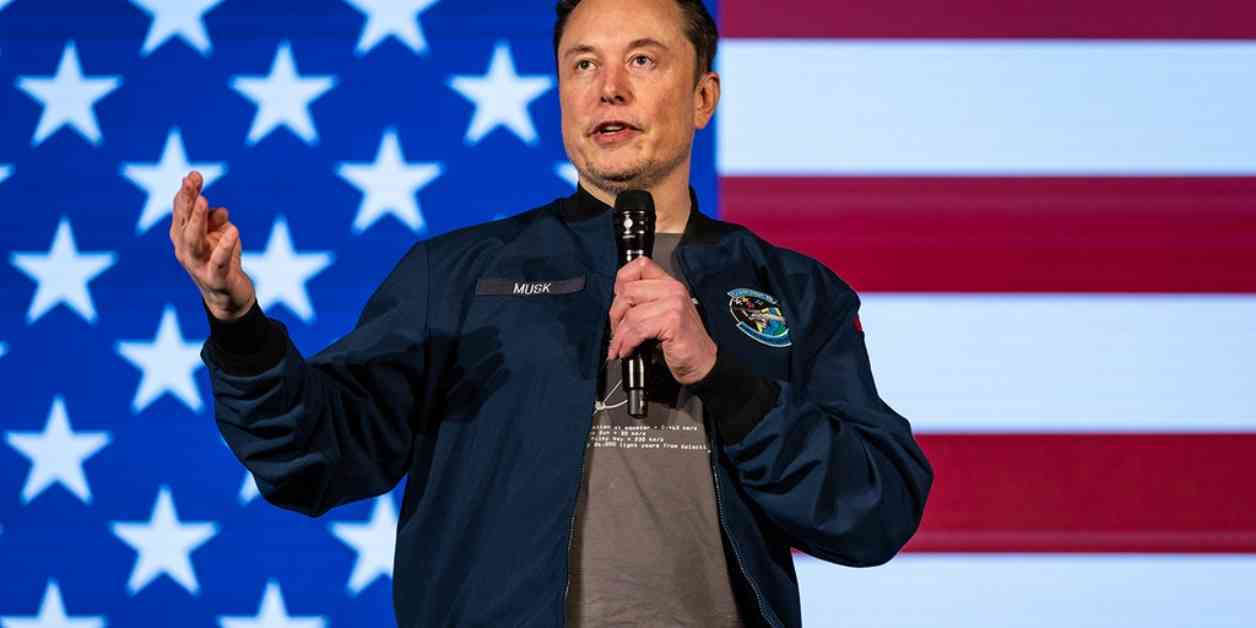Politicians Shift from Twitter After Elon Musk Takeover
A new report has shed light on the changing landscape of social media usage among Congressional Democrats following Elon Musk’s acquisition of X, formerly known as Twitter. According to the report by public affairs firm Quorum, there has been a significant decrease in the use of X by Democratic lawmakers, with a notable increase in engagement from their Republican counterparts.
Decrease in Democratic Engagement
The report indicates that in 2024, a vast majority of the top 20 most active accounts on X belonging to members of Congress are Republicans. Only one Democrat, Rep. Maxwell Frost from Florida, manages to secure a spot on the list, coming in at number 15. This marks a stark shift from the previous year when there was a more even representation of both parties among the top 10 most active accounts.
Many Democratic lawmakers have been observed to reduce their activity on X since Musk took over the platform. Critics from the left have accused Musk of using the platform to amplify right-wing causes and support President-elect Donald Trump. However, Musk and his allies defend their actions by claiming to prioritize user control and free speech on the platform.
Impact on Democratic Lawmakers
The report highlights specific instances of decreased engagement by Democratic lawmakers on X. For instance, Rep. Dwight Evans from Pennsylvania saw a sharp decline of 66% in his post frequency on the platform. Similarly, accounts belonging to Reps. Robert Garcia and Ted Lieu from California experienced drops of 35% and 26%, respectively.
In contrast, Republican lawmakers, such as Rep. Chip Roy from Texas and Sen. Ted Cruz, have emerged as the most active users on X in 2024. Overall, Republicans accounted for 54.4% of X posts by members of Congress, while Democrats lagged behind at 45.1%.
Challenges and Warnings
While it is common practice for Congressional lawmakers to delegate control of their X accounts to their staff, some, like Cruz, Roy, and Rep. Don Bacon from Nebraska, are known for engaging directly with users on the platform. Rep. Frost, the only Democrat in the top 20 most active X users in 2024, cautioned his fellow liberals against abandoning the platform to Republicans, fearing the loss of progressive voices.
The shifting dynamics of social media engagement among political figures reflect broader trends in how public officials navigate the digital landscape. As the debate over online discourse and political influence continues, the repercussions of these changes on public discourse and policymaking remain to be seen.


